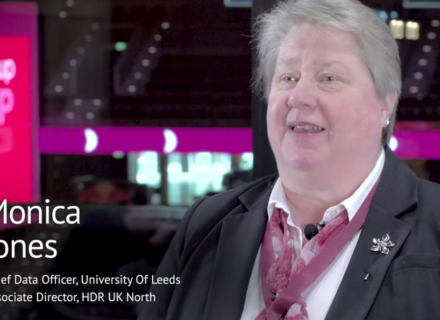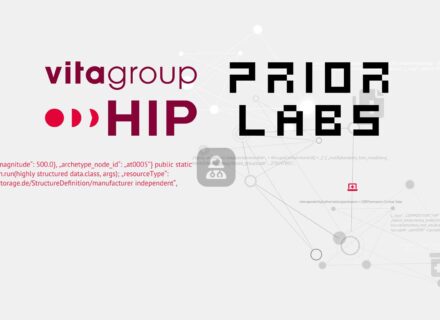Lorem ipsum dolor sit amet
Lorem ipsum dolor sit amet, consetetur sadipscing elitr, sed diam nonumy eirmod tempor invidunt ut labore et dolore magna aliquyam erat, sed diam voluptua. At vero eos et accusam et justo duo dolores et ea rebum. Stet clita kasd gubergren, no sea takimata sanctus est Lorem ipsum dolor sit amet. Lorem ipsum dolor sit amet, consetetur sadipscing elitr, sed diam nonumy eirmod tempor invidunt ut labore et dolore magna aliquyam erat, sed diam voluptua. At vero eos et accusam et justo duo dolores et ea rebum. Stet clita kasd gubergren, no sea takimata sanctus est Lorem ipsum dolor sit amet.
How is vitagroup’s platform changing healthcare?
Well, to me, what this is about, this is a fulfilment of a cause I’ve been working for for 15 years. I’m a cancer survivor and one of the reasons that I survived this near fatal cancer is because I was actively involved in my case. That’s a long story I won’t go into, but my advocacy has turned into realising that patients can only contribute to their utmost when they have full access to all their medical information. That has been technologically very, very difficult till now. What I hear happening here (at the HIP Summit) is that people are doing the work of bringing the data streams together to turn it into something that’s going to make future disastrous medical stories like mine have a better outcome than they have in the past. And that’s good news.
How do patients benefit from open platforms?
My daughter’s a grown woman, but what she’s able to do for my granddaughter, her daughter, depends to a large extent on how much we know about what’s going on. I mean, knowledge is power and without access to the knowledge, we can’t possibly be as empowered and as able to produce a better result as compared to if we did have full access to it. So, the people doing the work in this ecosystem to make that data flow possible and real are changing the future of health for families.
What is the end goal from the patient perspective?
My colleagues and I, who are really on the leading edge of a patient empowering data ecosystem, are now working quite actively on what LLMs can do when they are properly used. This doesn’t mean that any fool asking their first prompt to ChatGPT is going to cure cancer. But I know people who have done really strong things that in some cases have helped. I know one woman who solved her son’s problem that had stumped 17 doctors over three years. What we need to work toward is this vision of where the doctors and the patients have a shared view. Not where one doctor has a third of my medical record, another one has a quarter of it and it’s all scattered. But where I see all of the data and so do they. And then our different AI tools can say, here’s what you ought to look into, here’s what you ought to ask about. The ultimate vision that we have is that healthcare agents used by patients and healthcare agents used by doctors and care teams will be working together and both of them will be better informed and obviously both of them will then be better able to perform to the top of their potential. It’s within reach and we’re just starting to build it now. It all starts, as I said, with bringing all the flows together into a single messy but beautiful source pile that can be analysed by different eyeballs.
How is vitagroup’s platform helping to empower patients?
A real problem for people in the patient empowerment movement has been that even where governments have very firm policies that we must be able to get our hands on our data, making it happen has been a huge amount of work and often just doesn’t work. So, when companies like vitagroup create tools that actually turn it into a reality, it’s the difference between dreaming and actually being there, actually achieving the results. And I’ll tell you what, when you’ve got a sick kid, that is the difference between hoping and this is really happening. That’s immensely important.



